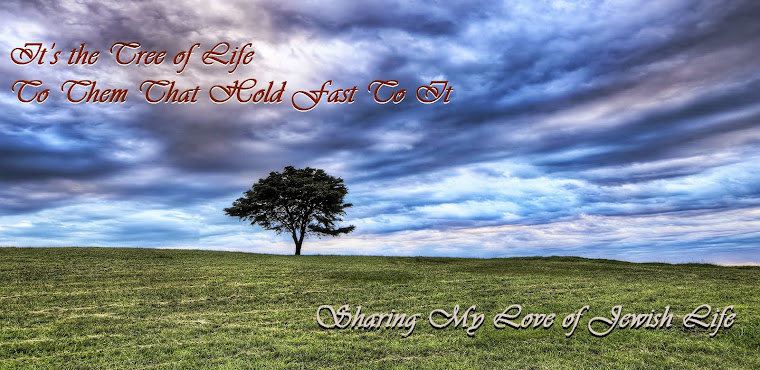There has been a great deal of ink shared over the last many years about the dissolution of language, about how texting has degraded the language of the current generations. Whatever changes technology has wrought, one basic fact does not change, and that fact is the importance of clear communications. When left to one’s own interpretation, the words that are said or heard are often just as significant as the words that are unsaid and unheard.
Parshas Balak relates the events that occurred as Bnei Yisrael skirted the border of the Promised Land. King Balak, worried that Bnei Yisrael would displace him, sent messengers to Bilaam, who was a man blessed with prophecy and a unique relationship to Hashem. Balak wanted Bilaam to curse the Israelites, which Bilaam agreed to do but… In Parshas Balak things go slightly wrong throughout the narrative (he ends up blessing Bnei Yisrael), and one cannot help but reflect on the significance of the communication. Let us look at a few of the missed messages.
While the opening verses make it clear that Balak knows exactly who is at his border, when he sends his messengers to Bilaam he appears to deliberately avoid naming the nation. Balak refers to the Israelites as “a people come out of Egypt” (Bamidbar 22:5). In so doing, in leaving their name unsaid, Balak is attempting to diminish their might in the eyes of Bilaam. They are not a nation blessed by Divine guidance, they are merely a people that came out of Egypt (which, while no small feat on its own, negates acknowledging how they came out of Egypt, the splitting of the Sea, Mount Sinai, and etc). In choosing to ignore these important defining moments of the nation, Balak chooses the path of “that which shall not be named”; if I do not say it, it is not real.
It is interesting to note that this verbal diminishing of Bnei Yisrael continues subtly in Balak’s second request. His envoys conclude their message to Bilaam by asking him to “curse me this people,” whereas when Hashem responded to Bilaam’s first request, Hashem referes to Bnei Yisrael as The People. (Bamidbar 22:17, 22:12). "This" and "the" seem like insignificant differences, and yet it has a subtle nuance. By referring to Bnei Yisrael as The People, Hashem is making it clear to Bilaam that He has elevated the Israelites to a unique status. There is no other Am like Am Yisrael.
Whereas Balak makes a choice not to name Bnei Yisrael, Bilaam makes a choice not to understand Hashem’s response, which is strange since in the basic text it seems very clear what Hashem does not want Bilaam to do. Hashem says to him: “You shall not go with them; You shall not curse the people; for they are blessed” (22:12). Bilaam chooses not to hear this as a definite statement (although I am not sure how one can see it as anything else) and comes back to Hashem to ask again. He hears no danger in Hashem’s response “If these men have come to invite you, you may go with them. But whatever I command you, that you shall do” (22:20). Any parent clearly hears the classic line of “Fine, but if you break your leg do not complain to me!” Bilaam does go, but his attempts to curse the people go completely sideways and he blesses them instead.
The sad truth is that human beings have been deliberately miscommunicating with each other since time immemorial (since Adam and Chava, truth be told). It is a way for us to try to take control in our lives. Balak wanted to believe that Bnei Yisrael were just a nation. Bilaam wanted to hear that he had permission to go and curse Bnei Yisrael. What we can learn from Balak and Bilaam and this Parsha in general, however, is that just because we choose to reframe our communication to the way we want the world to be, this does not change how Hashem wants it to be. It is, alas, no easy task to let go of that level of control and recognize that Hashem put us in every place, every situation, and every interaction. Each of us may say that X or Y is not what we want, but that choice is not always ours. Only when we see reality, see the Divine hand in our lives, can we begin to discover a different path because then we can address the true source of our challenges and receive help from the ultimate source.
I would like to point out an additional thought. Parshas Balak contains the strange piece of Bilaam’s talking donkey. As he head towards Bnei Yisrael, a fiery angel blocks his path, but only the donkey can see it. She stops. She pushes against the wall, hurting Bilaam in the process of trying to protect herself and her rider. Bilaam responds by hitting her and trying to force her forward. Finally, the donkey speaks! She asks Bilaam why he is hitting her when she has always served him so faithfully. In a discussion of Parshas Balak and straight communication, could not one ask why the donkey did not say “Don't you see the fiery angel before us?” to explain her behavior? However, in this case, the fact that there is a fiery angel before her is irrelevant. She has been faithful to him throughout his ownership. And yet at this first prostration of a task, he beats her. The language here does not matter because her behavior is another form of communication that we all too often overlook - the gut senses that Hashem sends us. Hashem wants us to make the right choices. If we see the fiery angel, we no longer have the same choices. Hashem will not tell us what to do - that’s free will - but he does try to guide us. Our job, however, is to listen and perceive.
